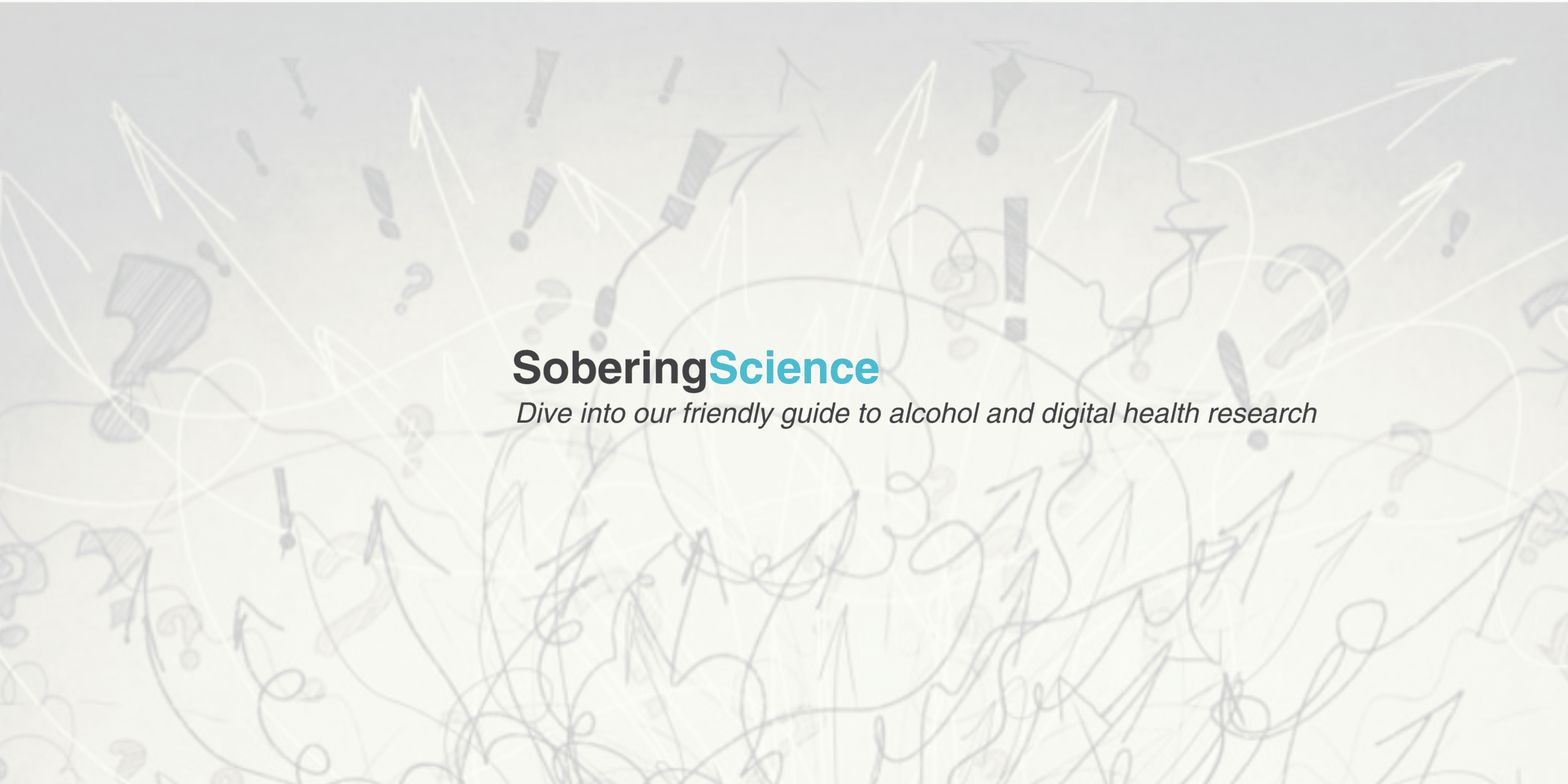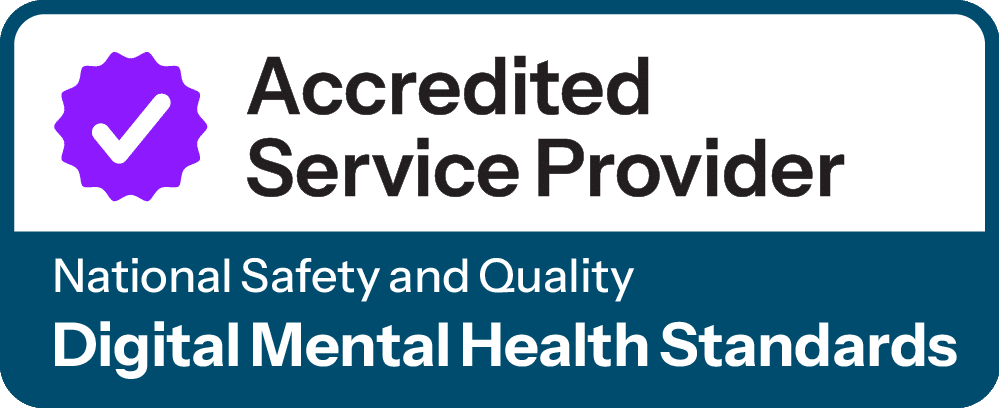
Can exercise really help people drink less?
Problem drinking is a major health challenge. While effective therapies, like our own Hello Change program and medications exist, people often fall back into old patterns over time. This has prompted scientists to look for new, accessible tools to add to the treatment toolkit.
One promising, yet often overlooked, add-on is exercise. We know physical activity is good for us, but can it actually help people drink less?
A recent study set out to see if lacing up our sneakers could be a legitimate part of an effective plan to change our relationship with alcohol.
What was the study?
This research was a meta-analysis, a powerful type of study that doesn't conduct new experiments but instead pools data from existing high-quality research to find an overall trend. The team was specifically interested in Randomized Controlled Trials, the gold standard in medical research.
They scoured scientific databases to find every relevant trial that met strict criteria:
- Included adults formally diagnosed with an alcohol problem (including dependence).
- One group received their usual treatment (like therapy or medication) plus an exercise program.
- The other group received only the usual treatment.
- The study had to measure outcomes like the number of drinks consumed per week or binge drinking episodes.
After reviewing over 2,500 studies, they found seven that fit the bill perfectly. These studies included 492 people and used various forms of exercise, from running and gym workouts to yoga, typically for 12 to 24 weeks.
This rigorous approach allowed the researchers to see if adding exercise consistently made a difference in two key areas: the total number of drinks consumed per week and how often people were binge drinking.
What were the results?
The analysis revealed two clear and one less clear outcome:
- Reduced weekly drinking: The most significant finding was that the group who exercised in addition to their usual treatment drank significantly less each week compared to the group that only had usual treatment. The effect, while modest, was consistent across the studies. So, adding exercise helped people reduce their drinking overall.
- No clear impact on binge drinking: Interestingly, the same positive effect was not seen for binge drinking. Both groups (those who exercised and those who didn't) saw a reduction in binge episodes, but exercise didn't provide an extra benefit. This suggests that binge drinking might be driven by different psychological or social factors that aren't influenced by exercise.
- Improved fitness: As you might expect, the group that exercised saw a significant improvement in their cardiovascular fitness. This confirms that the participants were really doing the exercise programs and getting the physical benefits.
Why is this important?
These findings are important for several reasons:
- A new tool in the toolkit: Because there's no one-size-fits-all solution for problem drinking, this research provides solid evidence that exercise can be a valuable add-on treatment. It’s not about replacing evidence based therapies or medication, but about enhancing them with a low-cost, accessible strategy.
- Addressing the whole person: problem drinking often co-occurs with other issues like depression and anxiety. We know exercise is a powerful mood booster. It’s possible that by improving mental health and reducing stress, exercise indirectly reduces the desire to use alcohol to cope. This can make the journey of cutting back feel more manageable.
- Broadening the treatment horizon: this study adds to a growing body of evidence that holistic approaches, which include physical wellness, can play a critical role in change.
- A call for more research: While promising, the results also highlight what we still don't know. What type of exercise is best? How much is needed? Future studies can build on this foundation to create specific "exercise prescriptions" for people who want to change their relationship with alcohol.
In a nutshell
This rigorous analysis of the best available science offers a clear and hopeful message: incorporating regular exercise into a treatment plan can help individuals with problem drinking reduce the total amount of alcohol they consume each week.
Exercise may not be a silver bullet for stopping binge drinking, but its effect on lowering overall consumption makes it a practical and positive strategy. For anyone on their own journey of change, or for loved ones and healthcare providers supporting them, this is compelling evidence to seriously consider making movement a regular step on the path to wellness.








